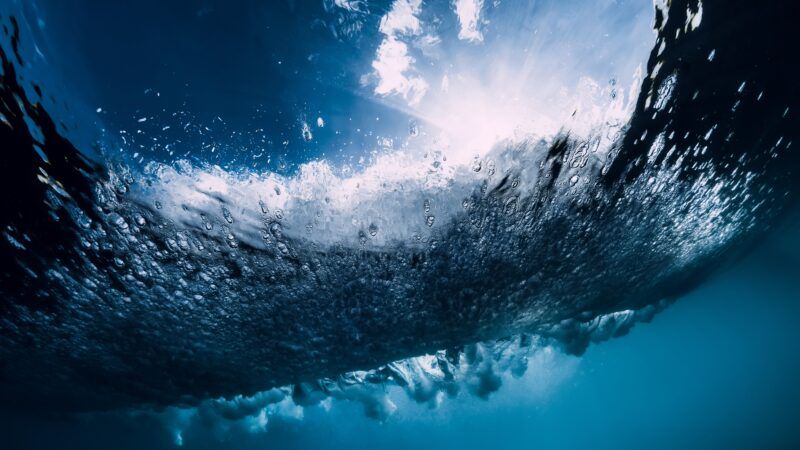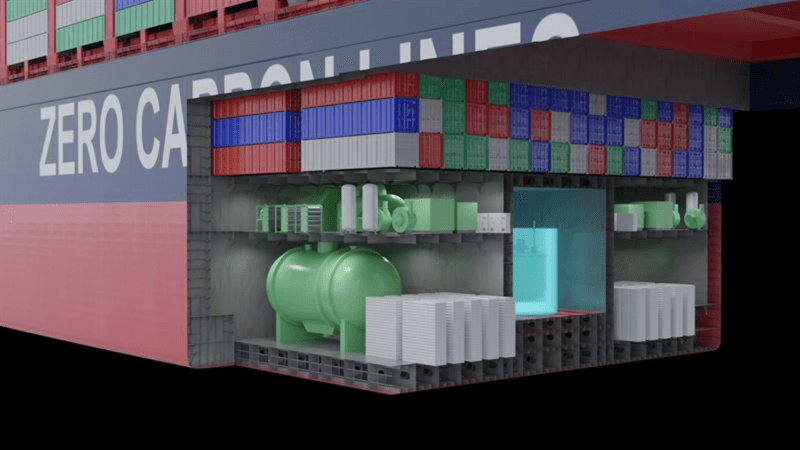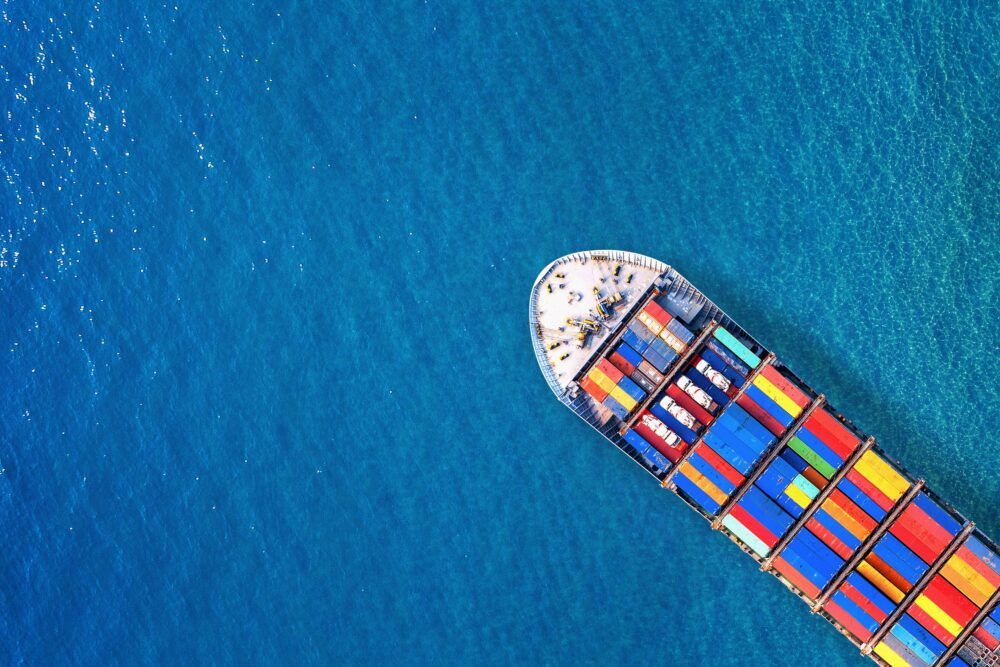
Major shippers set course for decarbonization of maritime transport
Amazon, Electrolux, Philips and a score of other multinationals have announced a historic tender to contract the transport of containers using vessels powered by zero-emission fuels. Let's see what this pioneering initiative consists of and if it is an isolated case or if the sector is really betting on cleaner transport.

Zero Emission Maritime Buyers Alliance (ZEMBA)
The Zero Emissions Maritime Buyers Alliance (ZEMBA) has announced what it claims is the "first major initiative led by major buyers to accelerate the transition to zero-emission marine fuels in one of the most difficult sectors to decarbonize". It is a request for proposals (RfP) to contract the maritime transport of 600,000 20-foot containers (teus), over a three-year period, in ships powered by zero-emission fuels. These fuels are methanol, ammonia, synthetic fuels and biofuels.
With this initiative, ZEMBA estimates that they will be able to avoid the emission of close to 1 million metric tons of greenhouse gases, which would be equivalent to 215,000 cars no longer on the road. More than 20 companies from the ZEMBA alliance are participating in this first contest, including Amazon, Bauhaus, Brooks Running, Chewy, Electrolux Group, Flexport, Green Worldwide Shipping, IKEA, Levi Strauss & Co., lululemon, Meta, Moose Toys, New Balance, Nike, Patagonia, Philips, Schneider Electric, Sport-Thieme and Tchibo.
The Cargo Owners Association for Zero Emission Ships (coZEV), the entity behind ZEMBA takes into consideration the following criteria
- Sufficient capacity to meet ZEMBA members' aggregate demand of over 600,000 TEU over a distance of 6,000 nautical miles/~11,000 km for three years.
- Access to fuels that provide greenhouse gas emission reductions of at least 90% compared to traditional fossil fuels on a life-cycle basis.
- Transparent fuel life-cycle emissions to validate emission reduction claims.
The ultimate goal, according to a statement issued by the entity, is to "stimulate a new market for zero-emission fuels and implement long-term, scalable solutions for the entire shipping industry."
Jordi Espín, Secretary General of TRANSPRIME - Spanish Shippers' Council and member of the Global Shippers’ Alliance, values very positively this initiative as well as the fact that, for the first time, large shippers are adopting a proactive and common position towards shipping companies and promoting a new model of relationship with them.
"What shippers are demanding with the ZEMBA initiative can be summed up in two words: transparency and stability, which is what they have been demanding for a long time, although the approach is new," explains Espín, who adds: "It is not a complaint or a claim, but a proposal that outlines a new relationship model in the maritime transport market that, if successful, can redefine its future. It is a compromise between two parties".
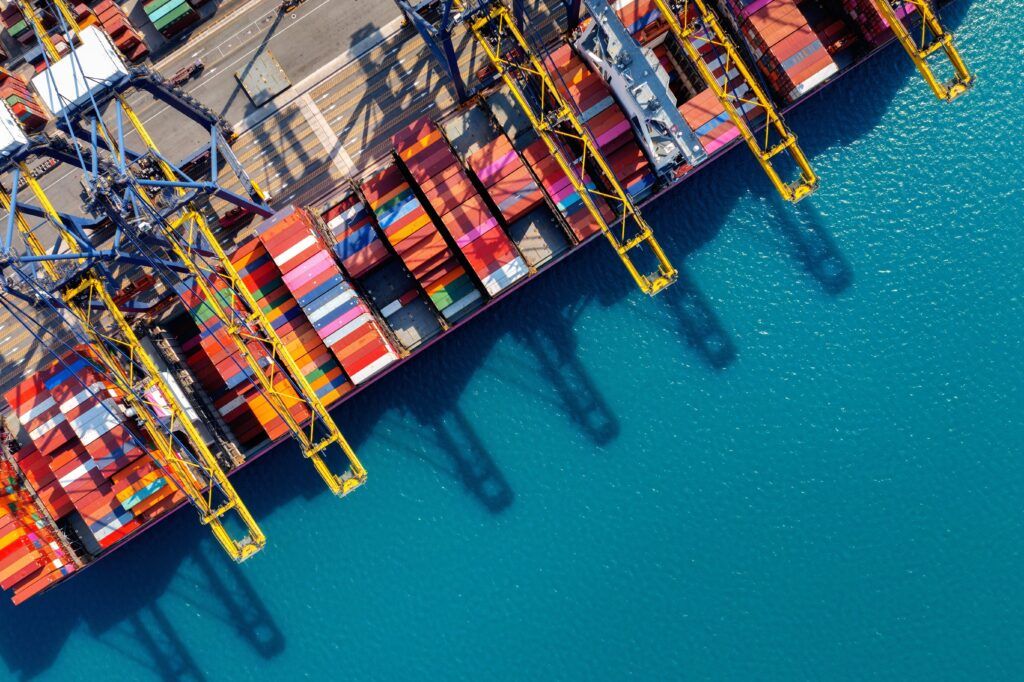
The Zero Emissions Marine Buyers Alliance (ZEMBA) has announced what they claim is the "first major initiative led by major buyers to accelerate the transition to zero-emission marine fuels in one of the most difficult sectors to decarbonize" (FP).
Other initiatives towards greater sustainability
Maritime transport accounts for 3% of global greenhouse gas emissions and the decarbonization of ships is one of its greatest challenges. However, there are other directions towards more sustainable shipping. "Sustainability also means respecting cargo, which is precisely what the Bill of Cargo Rights is all about," says Jordi Espín.
From the Global Shippers' Alliance, through the Global Shippers' Alliance (which brings together 85% of the world's shippers), in combination with the European Shippers' Council and Transprime - Spanish Shippers' Council, we have launched this initiative so that cargo is respected, empowered with rights and prioritized to prevent its transit from being interrupted while it is traveling through global transport chains," explains Espín. The charter is in the process of being reviewed and endorsed by major international players.
The expert also emphasizes the importance of efficiency. "There is very little talk about it, but it is very important." Along these lines, the concept of green maritime corridors (GSC) has been created, a framework for cooperation in which the various stakeholders needed to implement a green corridor can be coordinated. GSCs not only enable greater coordination and thus greater efficiency, but also make it possible, for example, to introduce green transport labels on products in order to make them more attractive for environmentally conscious customers.
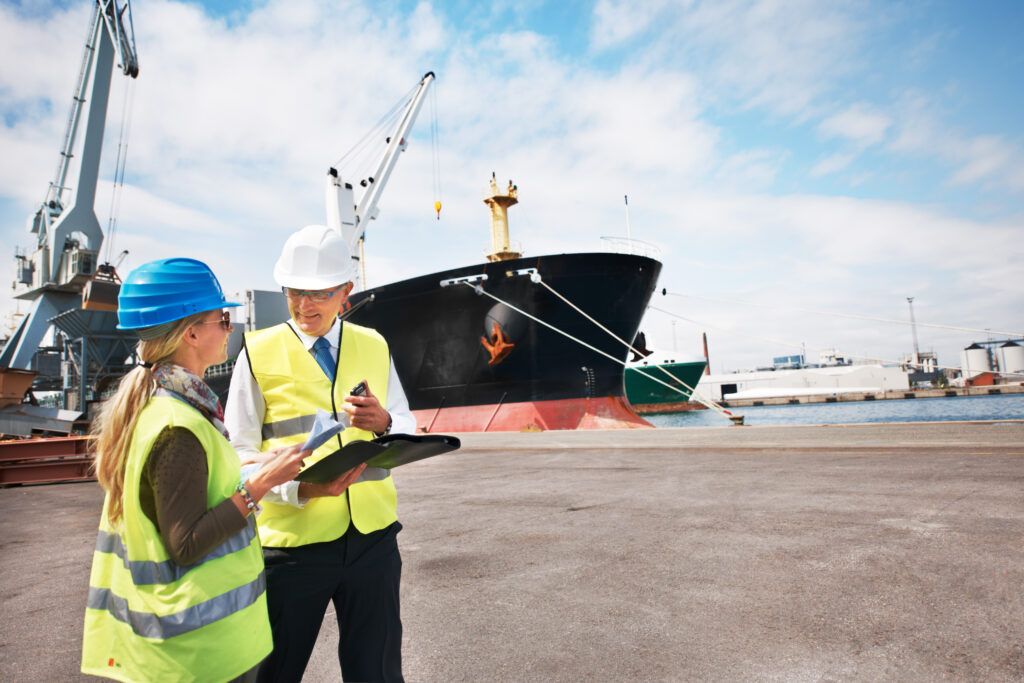
Maritime transport accounts for 3% of global greenhouse gas emissions and the decarbonization of ships is one of its greatest challenges (FP).
International (and consumer) commitments
The Zero Emissions Maritime Buyers Alliance (ZEMBA) encourages other companies to join its competition. Zero-emission fuels is a direction that the sector will have to take sooner rather than later, in line with the commitments of the International Maritime Organization (IMO), which has agreed to a 20% reduction in greenhouse gas emissions in maritime transport by 2030 compared to 2008. The ultimate destination, according to the Paris Agreement, is to be zero emissions by 2050.
In addition to international commitments, there is growing pressure from shipping customers. According to a study by the Boston Consulting Group, 82% are willing to pay a premium for carbon-free shipping. The percentage is 11 percentage points higher than the same figure for 2021, but the report also notes that the amount they are willing to pay is insufficient to move towards zero emissions by 2050.
"As a port we are increasingly seeing the urgent need for shippers to be able to guarantee/explain to their customers that they are making efforts to contract increasingly greener supply chains and are therefore willing to pay more for premium services in relation to decarbonization," says Carles Mayol, head of the Port of Barcelona's Container Division.
Reputational risk has also led retailers to directly manage the transport of their goods by renting their own ships and containers. The reason: only one out of three ships meets the scheduled arrival date and the shortage of products on shelves and in warehouses directly affects the reputation of retailers and marketplaces.
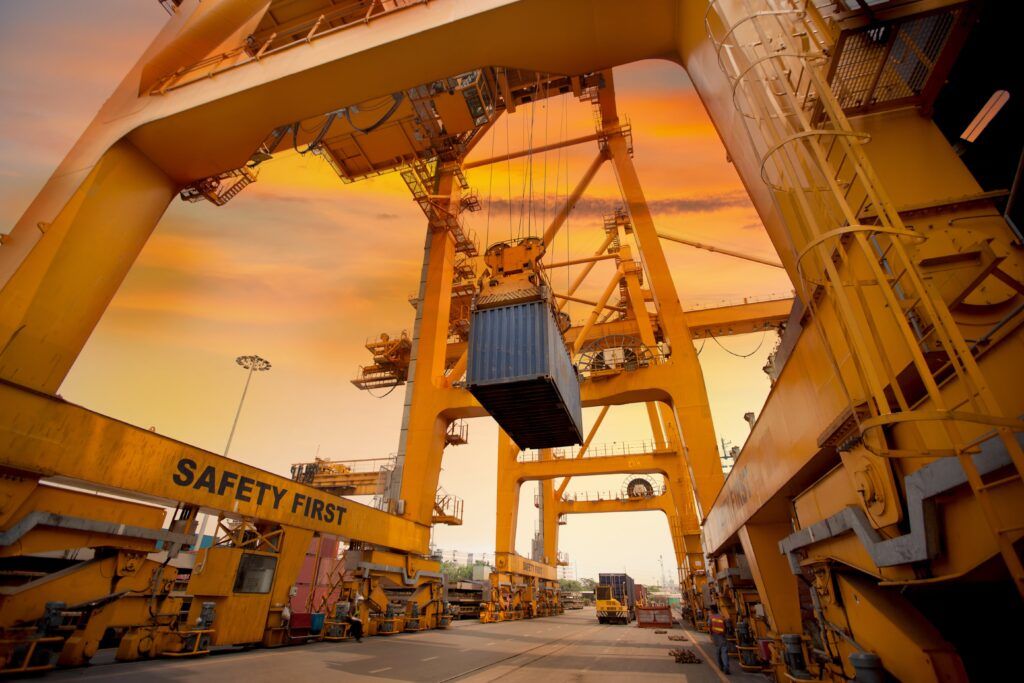
Reputational risk has also led large retailers to directly manage the transport of their goods by renting their own ships and containers (FP).
Emissions continue to increase
Despite ongoing initiatives and commitments, the reality is that emissions from European shipping will grow by 3% in 2022, according to the latest information from the European Federation for Transport and Environment (T&E). The entity blames the increase on the recovery of pre-Covid-19 pandemic levels. "In general, with the exception of cases such as those we have cited, there are still shippers who remain cautious when it comes to accepting extra costs related to the decarbonization of maritime transport, although the current context of low freight levels favors that there are other actors who will gradually join in," acknowledges Carles Mayol.
And Jordi Espín agrees: "So far, shippers have focused their decisions purely on costs, but if the ZEMBA is successful, it could be the case that more companies will join or that more initiatives like this one will emerge".
However, Espín warns: "It is still unknown whether the ZEMBA initiative will achieve its objectives, and the degree of legitimacy of this type of proposal will depend on it: if the alliance remains stable and the partners maintain their block contracting proposals over time, then we could be facing an important change in the market. If, on the other hand, in the end the partners decide to bid independently, the impact will be much less.



